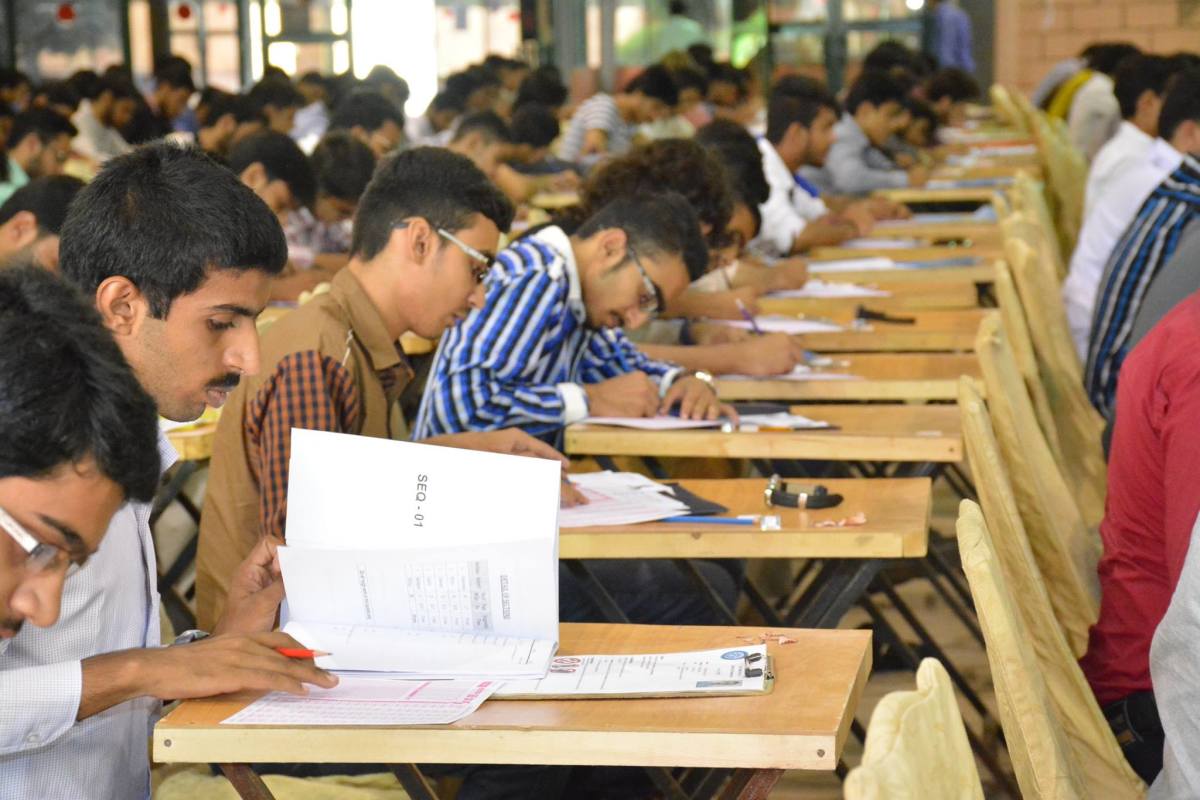Essays on GRE Argument Tasks
Introduction
If you are going to sit in GRE, you must be aware of the availability of the entire pool of the Issue and Argument tasks given in the Analytical Writing section. Here I have shared the essays I wrote on some of the Argument tasks. For samples of essays written on Issue tasks click here. I hope these will be helpful to the new test takers in order to understand the manner in which a typical essay should be written. If you have any suggestion or questions do let me know by posting a comment at the end of this page.
GRE Argument Essay 1
Hospital statistics regarding people who go to the emergency room after roller skating accidents indicate the need for more protective equipment. Within this group of people, 75 percent of those who had accidents in streets or parking lots were not wearing any protective clothing (helmets, knee pads, etc.) or any light-reflecting material (clip-on lights, glow-in-the-dark wrist pads, etc.). Clearly, these statistics indicate that by investing in high-quality protective gear and reflective equipment, roller skaters will greatly reduce their risk of being severely injured in an accident.
The argument that the risk of injury of a roller-skater can be greatly reduced by investing more in high-quality protective gear and reflective equipment is not entirely logically convincing since it fails to focus on some important points.
Firstly, the data provided by the author is of a single hospital, which definitely does not provide a complete picture of such roller-skater accidents. In order to get a complete picture and derive results we need data from several hospitals. It would have strengthened the author’s point-of-view if he could have managed to report data from a number of hospitals.
Second, the author is talking about 75% of the cases. It is sometimes misleading until we know the total number. It is possible that there were very few accidents reported in the hospital. For example if only four such accidents were reported in the hospital out of which three (75%) were not wearing the protective gear, then it is not a good idea to base the argument on such a small piece of data. On the other hand, if this percentage is calculated for a higher number of accidents then it will definitely increase the weight of the argument.
One might also think, what about the other 25%? Since those 25% were wearing the protective gear and reflectors, why did they end up in hospital emergency rooms? One might argue that even the protective gear and other stuff do not guarantee safety of a roller-skater. The author should have strengthened his point by providing an explanation of the accidents of those 25% skaters.
The author also fails to mention how many of the accidents took place in the daylight. If none of the accidents occurred in the night, there will be no need of the reflectors unless it is too cloudy. In that case the author’s suggestion that accidents could be reduced by investing in reflective equipment will have no weight.
Finally, why should a roller-skater buy a high quality protective gear? A protective gear is intended to protect the person. It will not matter a lot whether it is a high quality or low quality. The only difference will be that the low quality equipment will suffer wear and tear more rapidly as compared to an expensive one. It is fine enough as the equipment can always be replaced once it is not fit to use.
Therefore the assumptions mentioned above show that the argument is not completely sound and it must address the concerns raised in this essay. The author could strengthen his argument by basing it on more detailed data and providing some evidence that the other 25% of the accidents occurred due to some special circumstances.
GRE Argument Essay 2
The market for the luxury-goods industry is on the decline. Recent reports show that a higher unemployment rate, coupled with consumer fears, has decreased the amount of money the average household spends on both essential and nonessential items, but especially on nonessential items. Since luxury goods are, by nature, nonessential, this market will be the first to decrease in the present economic climate, and luxury retailers should refocus their attention to lower-priced markets.
The
argument that in the present economic climate luxury retailers should refocus
their attention to lower-priced markets is not entirely logically convincing
since it ignores some crucial assumptions.
When the argument talks about the recent reports that point towards a decline in spending from average household it makes an assumption that major consumers of luxury goods belong to this category. This is not always true as the major consumers may belong to upper class which according to the report is unaffected by the economic crisis.
Second, the argument never addresses the length of the current economic downturn. It is not necessary that the current economic crisis will persist longer. So, it will not be a nice idea for luxury retailers, in the long run, to switch to lower priced markets. Moreover, the argument does not talk about the gravity of the decline. It might be possible that the increase in unemployment rate is not much significant and the affects of the crisis are temporary. Once the fear among the consumers subside, it is possible that the markets of luxury goods will surge again.
Recent reports even suggest a decrease in spending on essential items. So by suggesting to switch to a lower priced market the argument does not provide a viable option. The assumption made here is not correct as according to the reports it will not be a nice idea to switch to lower-priced markets, either, in order to seek better profits.
Moreover, lower priced markets means lower profits. It is very much possible that the profit a luxury retailer earns in this period of decline is still more than the profit earned by a retailer of essential items.
Thus the argument is not completely sound. The evidence in support of the conclusion that luxury retailers should refocus to lower-priced markets does little to prove thyat conclusion, since it does not address the assumptions already raised. Ultimately the arument might have been strengthened if the author could have managed to talk about reports showing an increase in profits of lower-priced markets in such situationof economic downturn.
GRE Argument Essay 3
The university requirements committee recently changed
The argument that by introducing harder foreign language requirements the university might be able to increase the number of students who receive full-time job offers before graduation day has several flaws.
First, the university committee assumes that one to two years will be enough for a student to learn a language up to a level where he or she could communicate easily with other native speakers of that language. This might not be true as there are several languages which are much harder to learn and require several years of practise and learning. For example, Chinese and Arabic languages will pose severe difficulties due to their totally unique alphabets and writing styles.
Second, the language requirements changes from one multinational organization to another. Some multinationals like Toyota, Honda from Japan might favour people who know Japanese, while others like BMW etc will favour students having skills at German language. So, if a person who knows French is employed by a Japanese company, his extra skill at French language will not give him any extra point. Moreover, most of the multinationals these days just favour English as their medium of communication and might not have a requirement of any other language.
The article also fails to consider that not all students of a particular university are absorbed by multinationals as they tend to keep diversity. Most of the time only top students are hired by such companies while the rest of the students go to other companies which are not multinationals. This means the precious time and energy invested by these students on learning a new language is wasted. This time could have been properly used in learning some other useful skill which is equally relevant to both a multinational and a non-multinational company.
Everyone will agree with the point made in the article that companies favour hard workers. But a serious question mark will be raised on the argument that learning languages means hard work. Anyone can argue that there are more avenues which could be used as an index to measure the capability of hard work of any student. For example, if a student belongs to engineering, his hardworking capability could very well be judged by the number and quality of engineering projects accomplished during his undergraduate years rather than by the languages he learned. This would also be relevant as the companies are more interested in using the person they are hiring to perform engineering tasks.
In conclusion, it could be said that the decision of the university requirements committee is based on assumption which are weak and not fully convincing. The reasons presented by the head of the committee do not actually correlate the higher employment chances with the languages learned by students.








